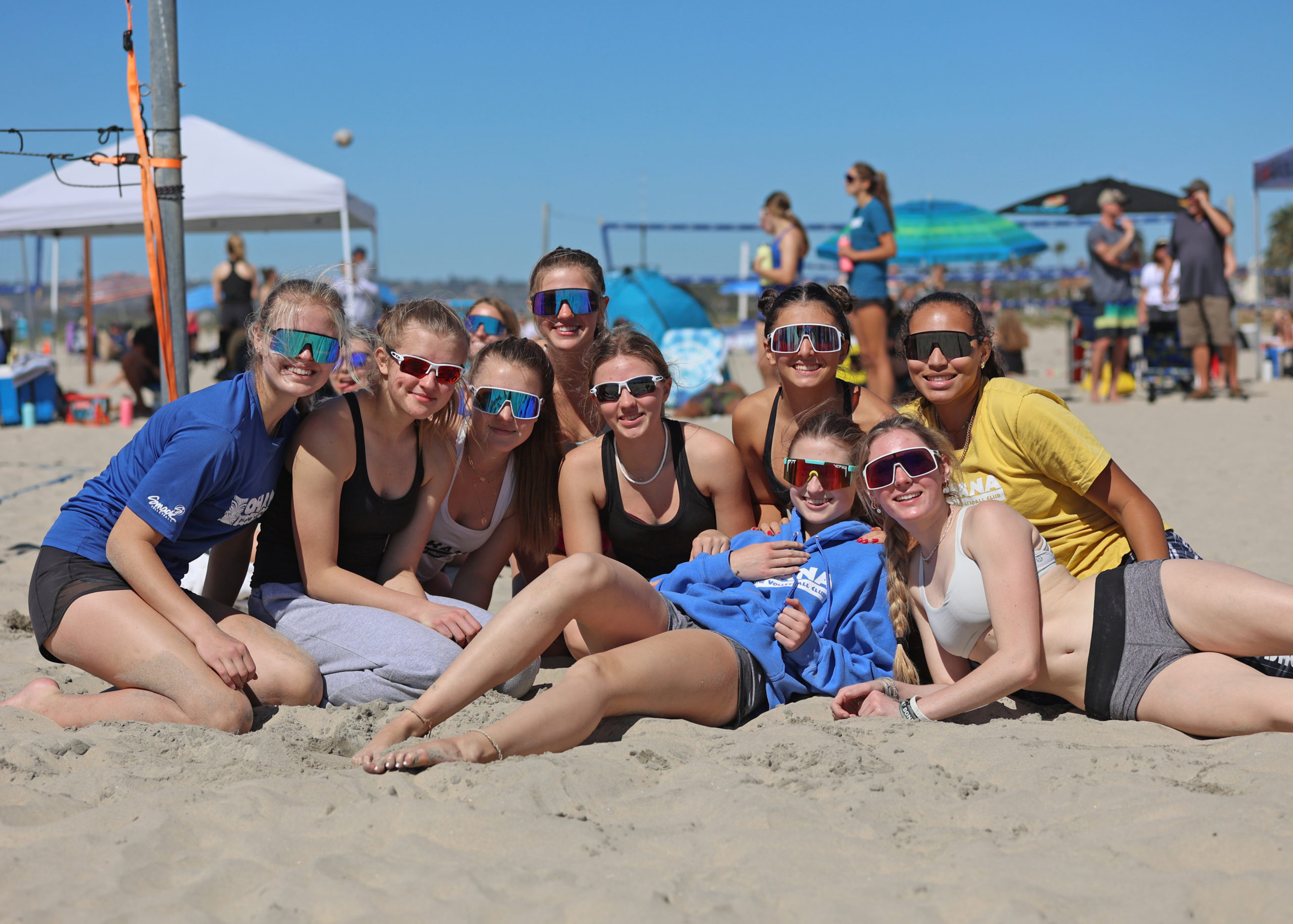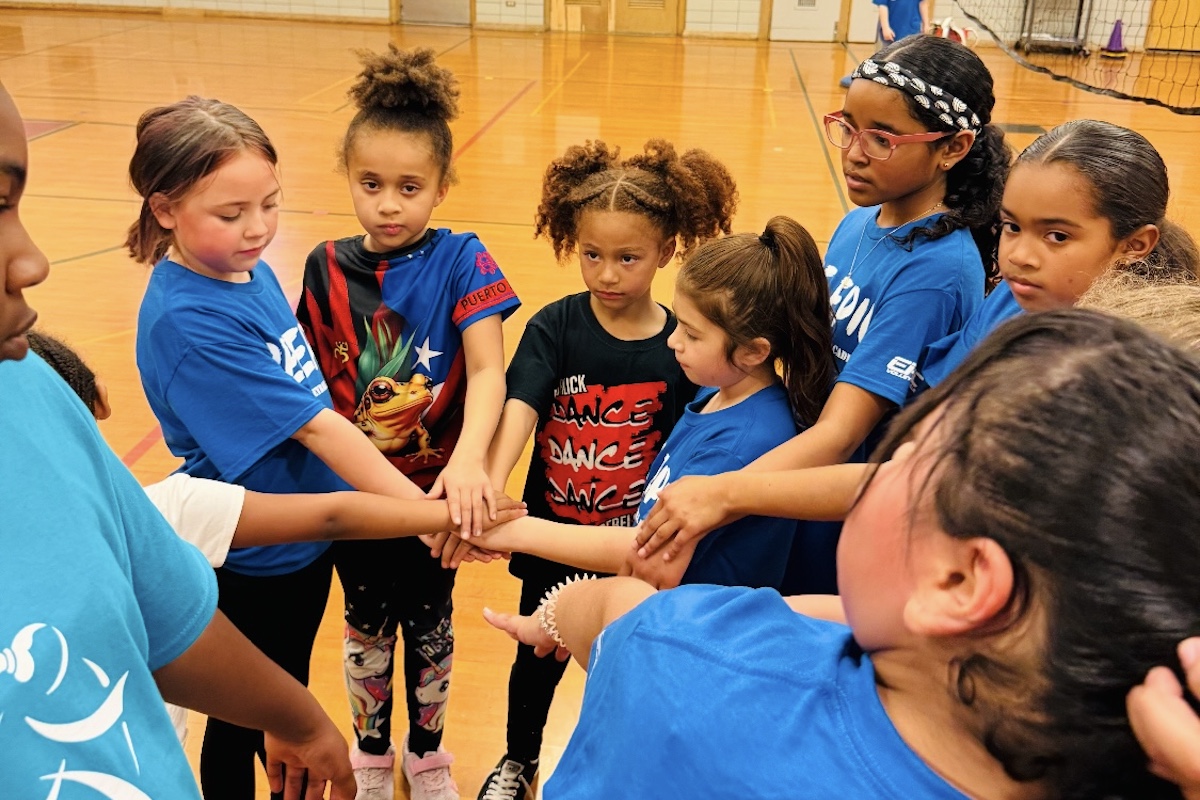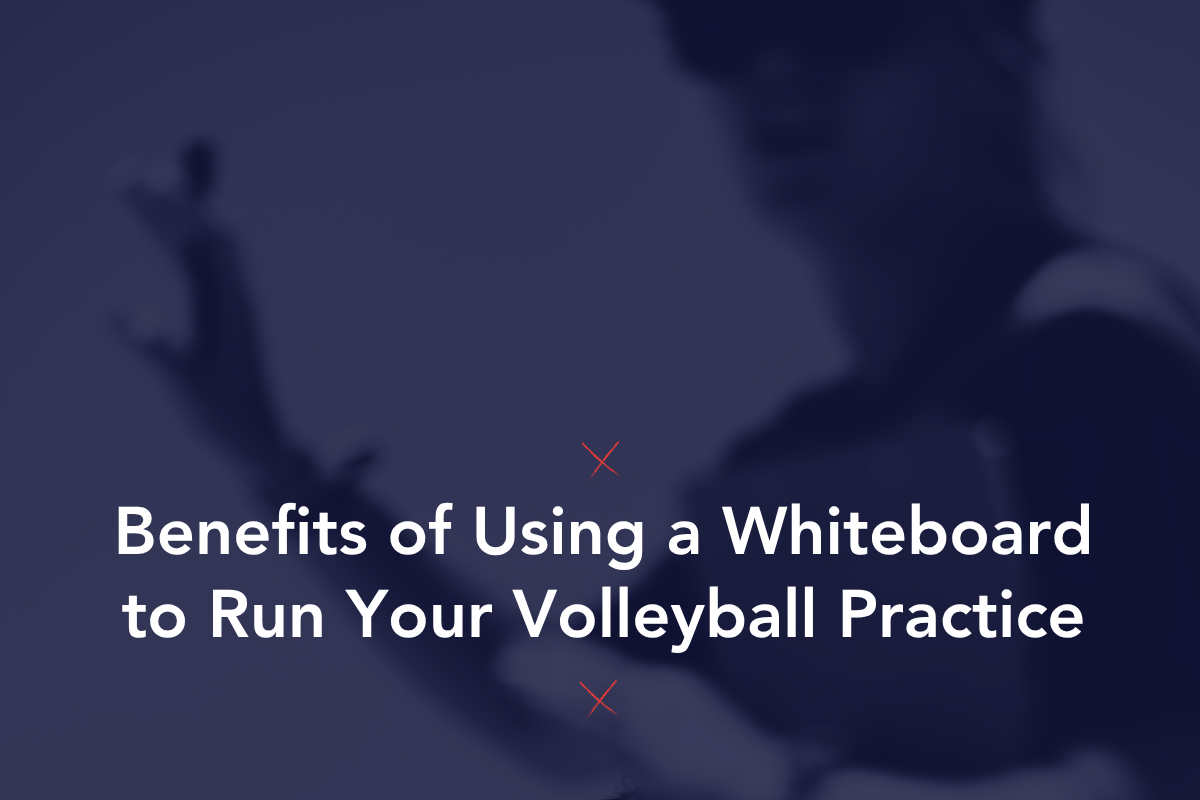Attempting to balance academics and athletics can often make you feel like you’re walking on a tightrope. Having to maintain a constant fitness level, attend team practice and travel to competitions alongside all the typical academic requirements of a student must be pretty exhausting. It’s no wonder that when exam season rolls around, things can get really tough for student-athletes.
However, while it may seem almost impossible at times to maintain that grade point average and meet your athletic commitments, it is possible to find success in both areas. With a high level of organization and some grit, you can find the time for both without having to focus on one over the other.
1. Don’t bite off more than you can chew
One of the most vital ways to help a student find success in both arenas is by ensuring that they don’t take on more than they can handle. It’s common for student athletes to experience overtraining and burnout, which is why it’s important to empower and educate not only the athlete, but also the coach on the impact of overtraining. Having clear communication channels between coaches and athletes and clearly established recovery times can prevent overtraining and burnout. Sometimes it’s better to take a break instead of risking fatigue. Although minor injuries tend to come with the territory of playing any sport, it’s always a good idea to prioritize your mental and physical health.
2. Plan ahead
Sorting out your schedule in advance is probably the best way to set yourself up for future success. Getting a copy of your academic calendar and coordinating between your parents, teachers, and coaches will ensure that you stay on top of things. Do you have an important exam coming up? Create a detailed weekly study plan covering every module so that you can get your best test score. Most importantly, stick to the plan and avoid any distractions- training hard for your next competition can wait. On the other hand, if a sporting event is coming up, you should build your training routine around your academic schedule. In the end, it all comes down to working out your priorities and time management skills. In our previous post, JVA’s Matt Sonnichsen adds that to prepare yourself for sports at a college level, “having good grades ensures you will have more opportunities”, but it’s also important that you choose a major that has a manageable academic workload.
For some parents, it may seem like participating in sports is too large of a commitment for students to make, due to its supposed effects on academic performance. Would completely removing student athletics from the equation solve the problem of academic engagement? Not according to an anonymous survey conducted by Arwyn Shoemaker, a senior at Elkin High School. The majority of the student-athletes in her survey responded that they saw either positive improvements in their grades or no change, even after their increased time commitment to sports. In fact, students also reported a boost in confidence, improved time management skills, and an increase in perseverance as a result of their athletic practice.
Students can bring these skills out of the classroom and into the real world, making them mentally stronger individuals. After all, as Maryville University’s president and chair of the St. Louis Sports Commission Dr. Mark Lombardi states, “Student success isn’t just the best measure of a highly successful education. It’s the only measure that matters.”
View more resources on player development.











